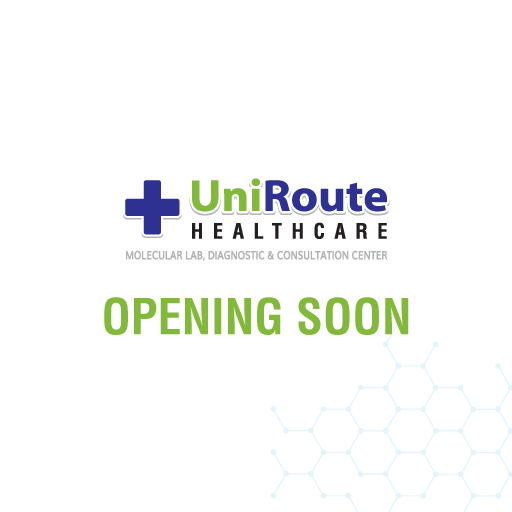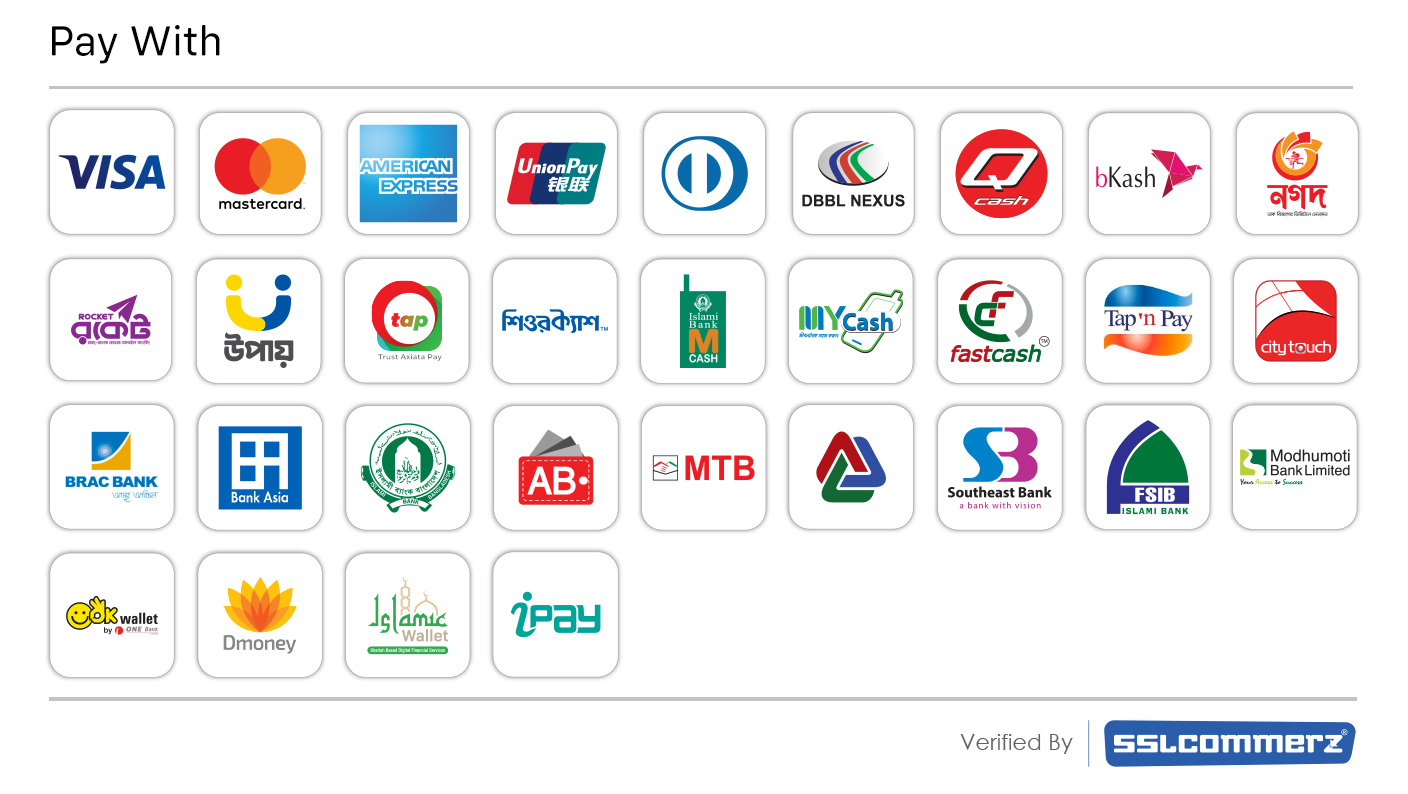


High blood pressure, also known as Hypertension, is often regarded as a “silent killer.” It is one of the most common health problems worldwide in recent years. Your blood pressure is mainly dependent on the rate of blood your heart pumps and the resistance of your blood flow in your arteries. The narrower your arteries get, the higher your blood pressure becomes.
A normal blood pressure result is below 120/80 mm Hg in most cases. If the readings are higher than average but less than 130/80 mm Hg, it indicates that you are likely to develop higher blood pressure.
The good news is that you can adjust your lifestyle and eating habits to gradually lower its level. Here are 10 efficient ways to control your blood pressure:
Regular exercise can help to lower blood pressure. It improves blood flow, which reduces the amount of sticky blood and can increase the amount of blood that is flowing. It can also help to reduce the extra weight as well as the cholesterol levels in the blood.
If you are trying to lower the pressure, it is recommended to do physical activity for 30 minutes per day, 5 days a week. You can perform a variety of physical activities, like:
If you have high blood pressure, even a minor reduction in salt in your diet will help your heart health. Nowadays, people consume a lot of salt worldwide. This is due to the result of processed and prepared foods.
Consider these tips to lower the sodium amount in your diet:
Your blood pressure goes up after each cigarette you smoke. However, it can return to normal by quitting the habit of smoking. Your overall health will improve and your risk of heart disease will decrease too if you stop smoking. So for your own wellbeing, we advise you to refrain from smoking.
Alcoholic drinks are also harmful for your health even if you’re in good health. A study of 2006 suggests alcohol increases blood pressure by 1 mm Hg for every 10 gram of consumption. Hence, limit your alcohol intake as well for your own betterment.
According to the DASH Diet, increasing A sufficient intake of healthy grains, low-fat dairy products, fresh fruits and vegetables may help lower blood pressure. You can follow a group of foods to maintain a healthy balanced diet, as given below:
Potassium is an essential mineral that relieves pressure on your blood vessels and helps in your body’s elimination of sodium. Therefore, potassium intake is crucial to gain a healthy weight.
Foods rich in high potassium include:
Magnesium is another important mineral that is helpful in relaxing your blood vessels. Having a magnesium-rich diet is recommended to control high blood pressure problems, a research study suggested.
You can incorporate magnesium into your diet by consuming a variety of foods, including:
People with low calcium intake often have high blood pressure. So consider adding more calcium to your diet plan for your wellbeing.
Foods that contain abundant calcium include:
Blood pressure is closely related to increasing weight. Being overweight can lead to breathing disruption while sleeping. Weight loss can have a significant impact on heart health in those who are overweight.
A 2016 study found that 5% body mass loss can considerably improve high blood pressure.
In addition to losing weight, you should normally monitor your waistline. A higher risk of high blood pressure takes place when you carry too much weight around your waist.
Chronic stress can play a key role in causing high blood pressure. Both physical and mental stress can contribute to a consistent rise of it, if not treated in time.
That’s why try to spend some time assessing the things that stress you out, like family, work, education, finances, or illness. Share your feelings with your family members and close friends and seek help to get rid of it.
When you sleep, your blood pressure usually drops. So you may face some trouble if you find it difficult to sleep. A research study of sleep disruption says middle-aged people who suffer from sleep deprivation are more likely to develop high blood pressure than others.
It’s better to have at least 7-8 hours of sleep each night. To get restful sleep, here are some effectives tips to follow:
Medication is one of the useful stress reduction techniques that have been used for a long time to control blood pressure.
Yoga, which generally includes breathing exercises, posture corrections, and meditation techniques, can also be helpful.
Deep breathing and meditation can both activate the parasympathetic nervous system. Growing the habit of both techniques helps relax your body and thus slows the heart rate, and lowers blood pressure.
There is still ongoing discussion over how caffeine intake affects blood pressure. When consumed occasionally, caffeine can cause blood pressure to rise more than normal. However, regular coffee drinkers can have little to no change in the pressure of their blood.
It’s better if you discuss the impact of coffee with your doctor.
Home monitoring is an essential task to maintain your blood pressure. Your daily lifestyle can have a significant effect on your health. Hence, notify your doctor of any potential health issues whenever needed. Also, blood pressure monitoring is possible at home with the machine. Do it and consult with your doctor if you find any inconsistency in it.
Additionally, you can consult your doctor about how frequently you should check your blood pressure if it is under control. Your doctor might advise doing so every day or less frequently, depending on your current health condition.
S.S. Tower, 3rd floor, House# 663-664,Ashkona Bazar, Near Hajji Camp, Dakshinkhan, Dhaka-1230.
Contact Number: +8801894774336
E-mail:
